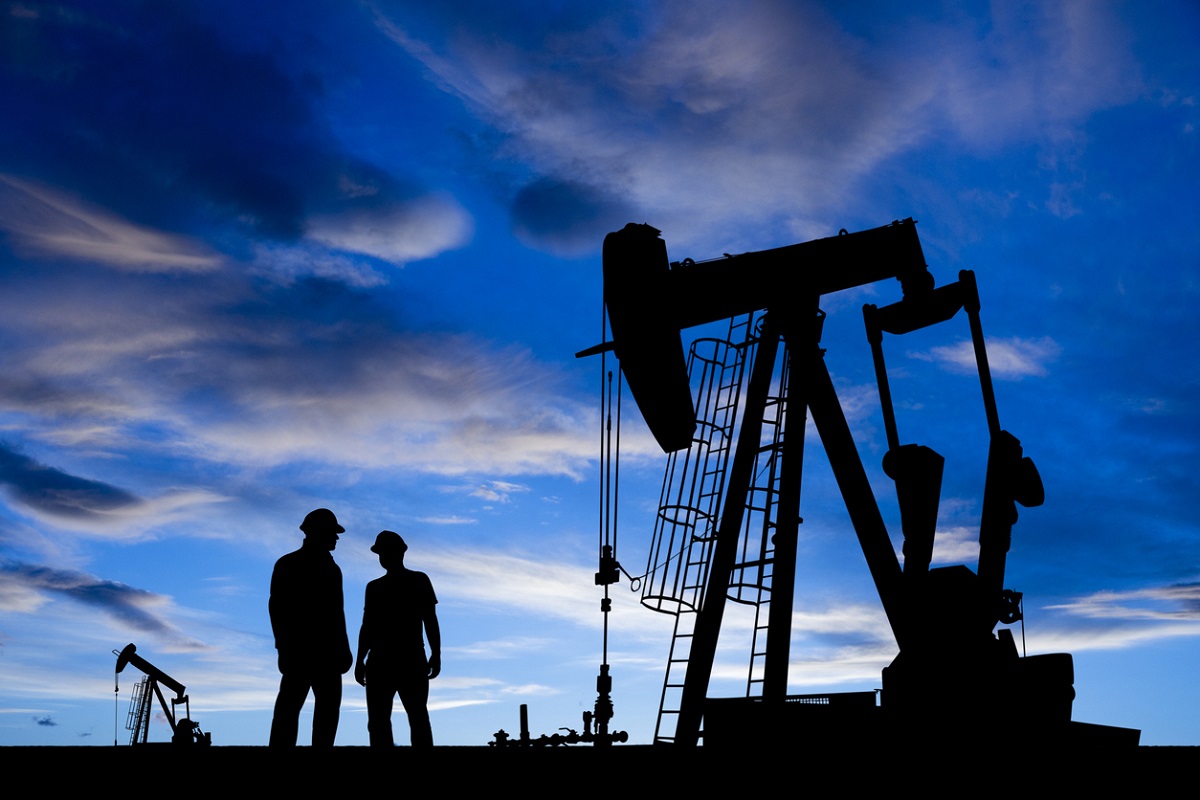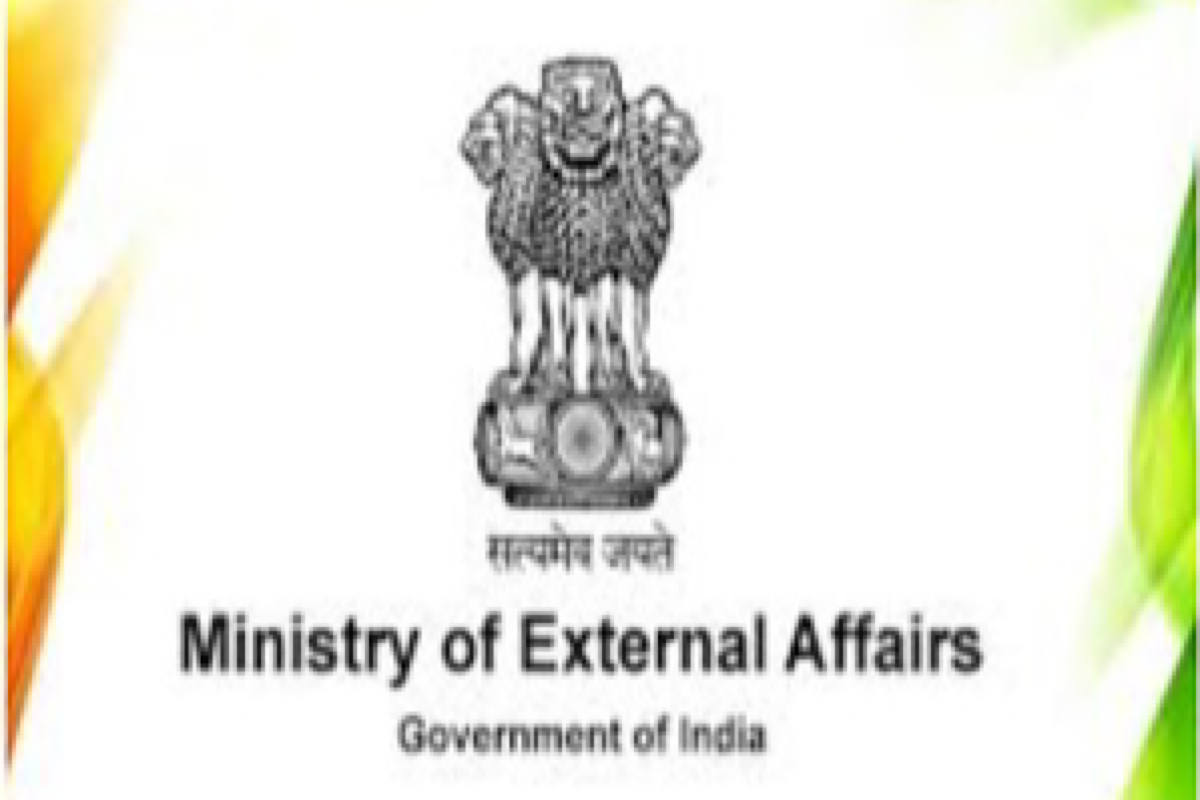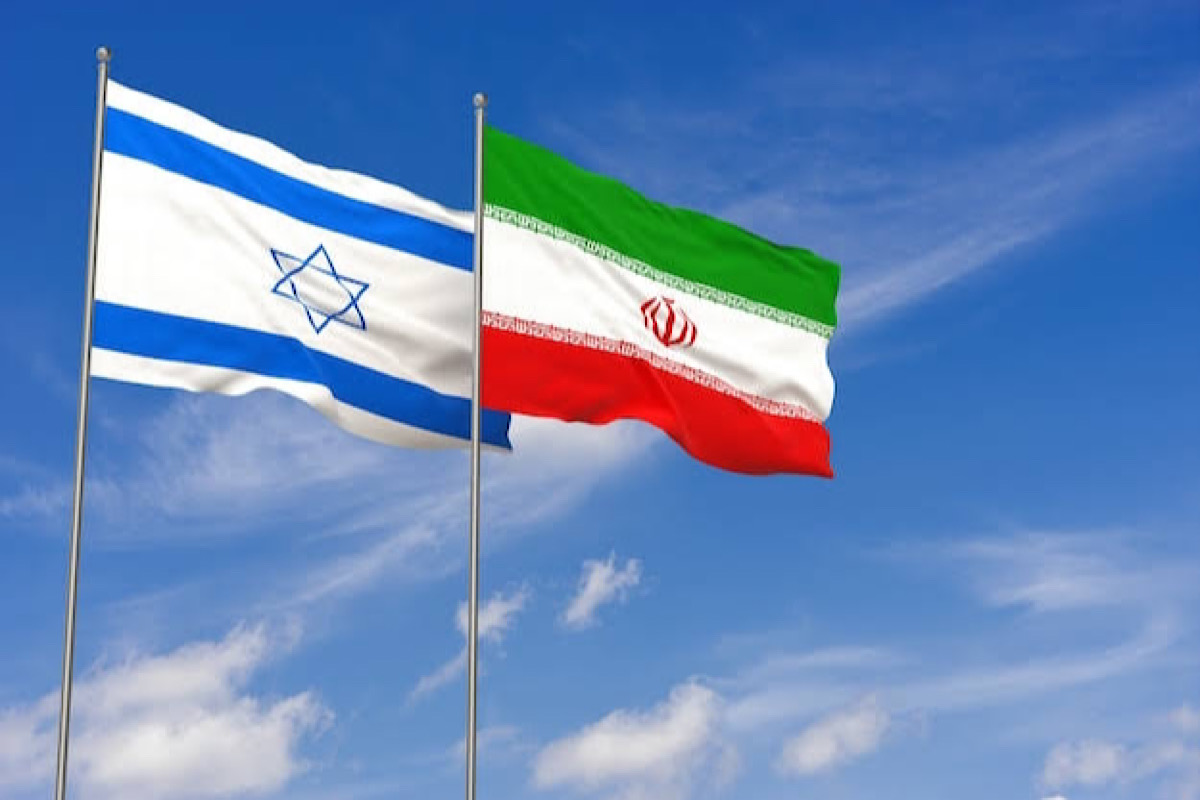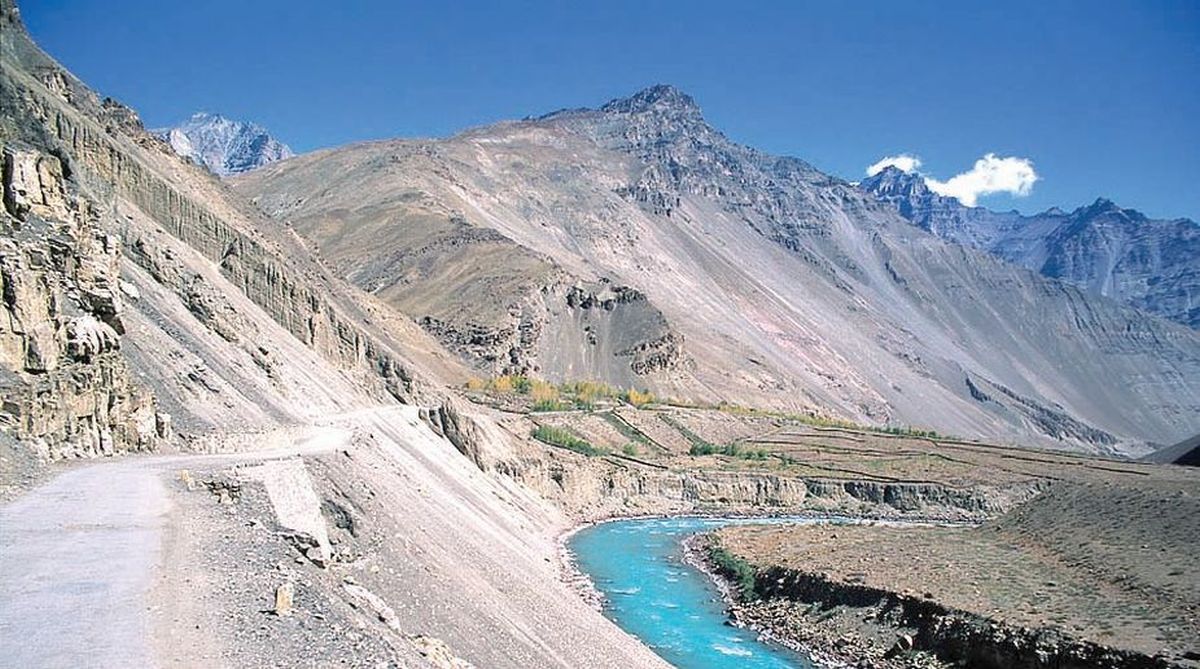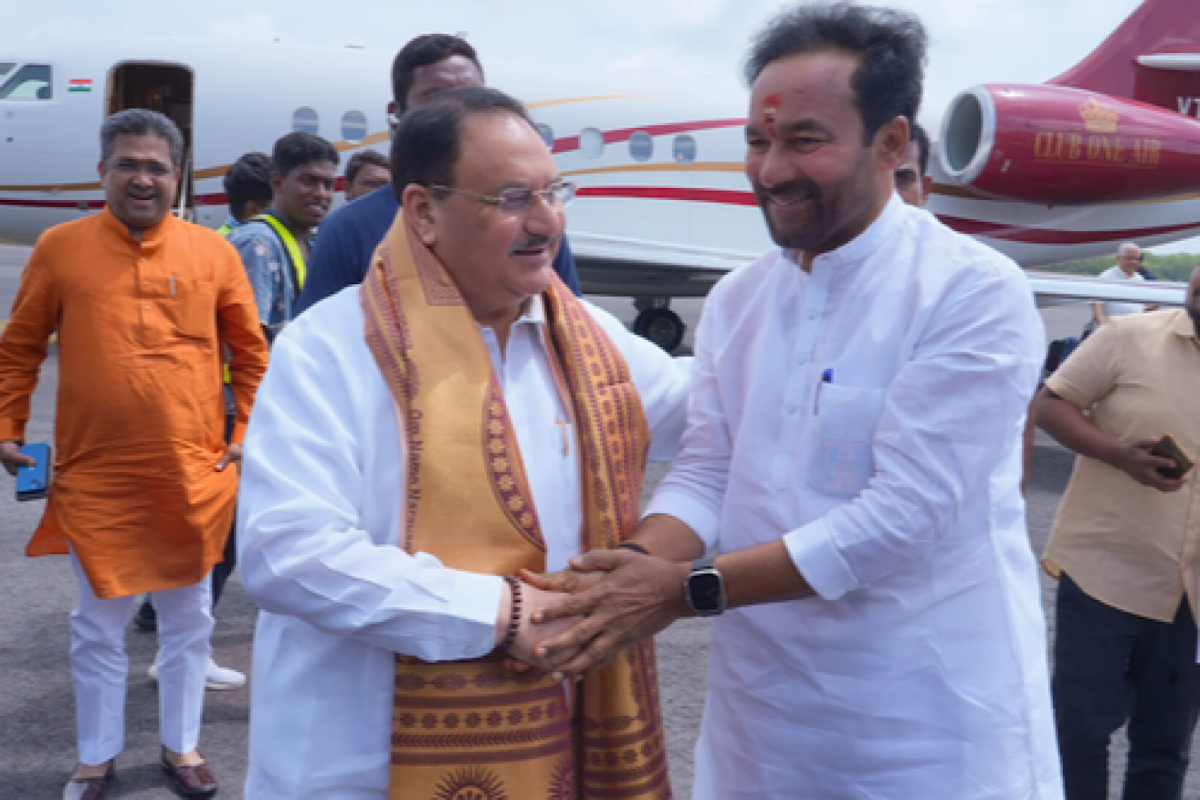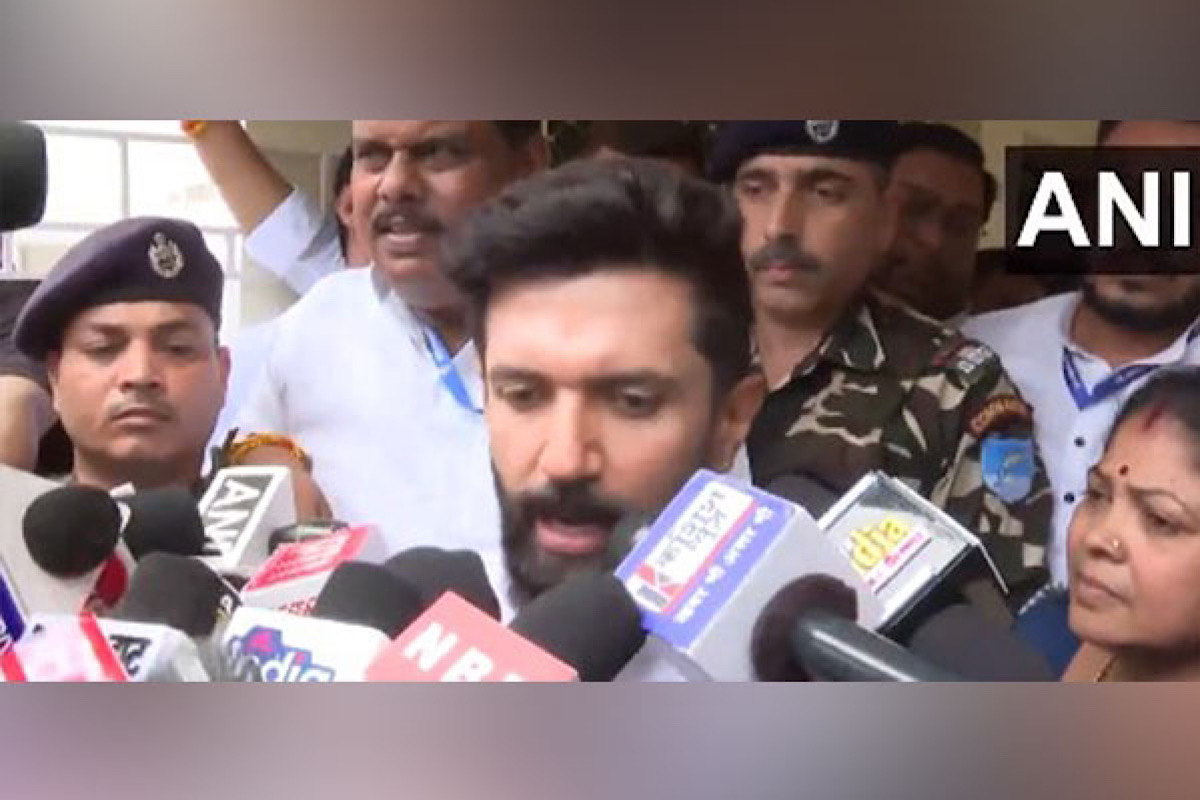India supports a two-state solution to W Asia conflict: Jaishankar
As regards India's abstentions from some UN resolutions regarding Gaza, Mr Jaishankar said the resolutions that "do not reflect the entire reality" of the situation by downplaying the October 7 terror attack by Hamas, can't be supported by India, which is itself a 'victim of terrorism'.



